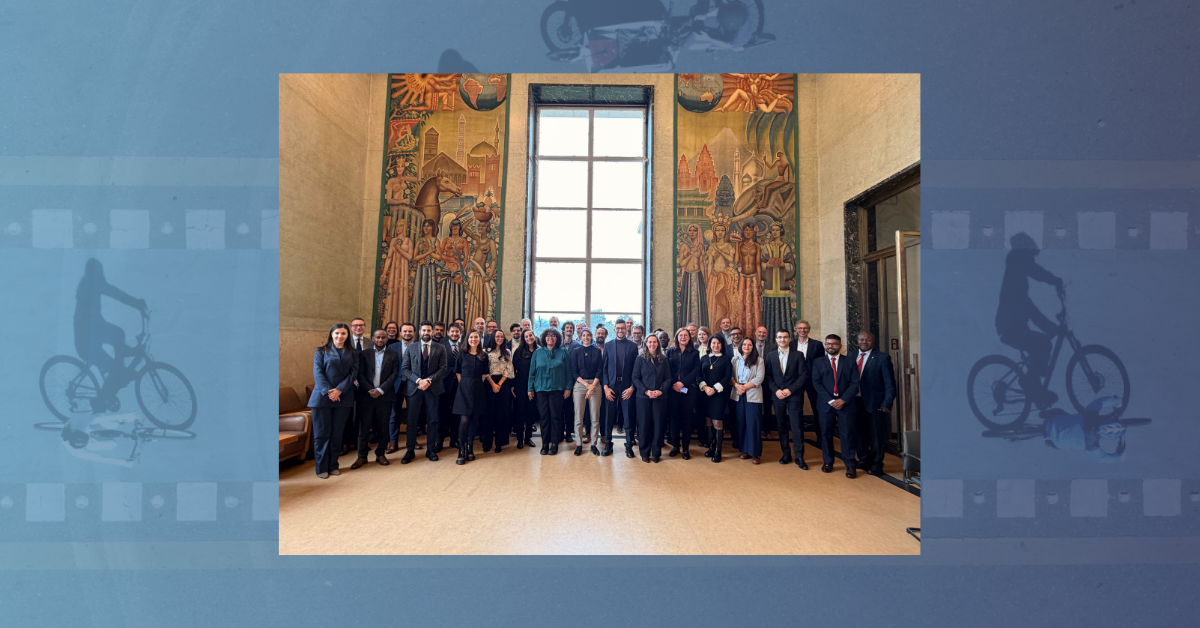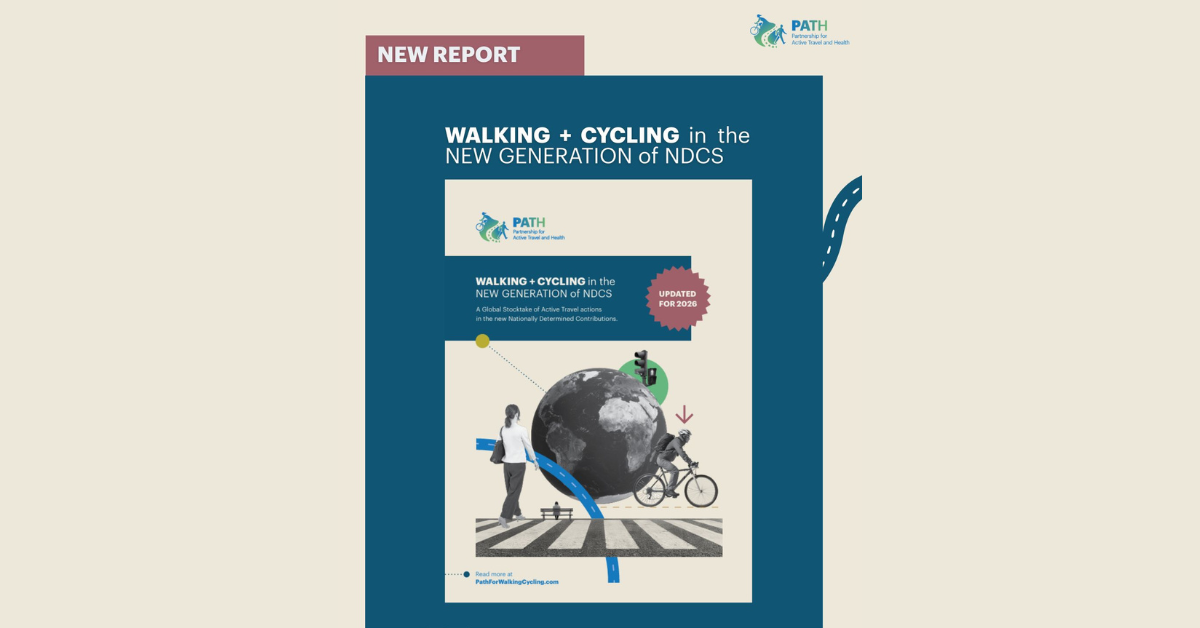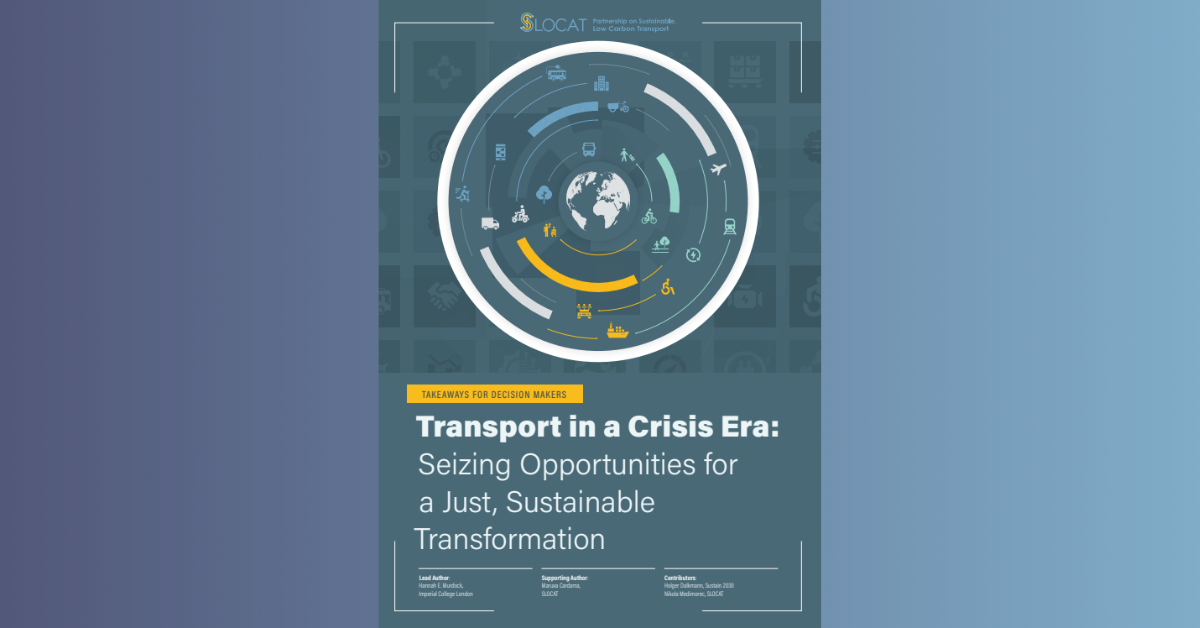[vc_row][vc_column][vc_column_text]The global economic recovery from COVID-19 must act as a reset of sorts – setting into motion good practices and measures that bring us closer to achieving our climate and sustainability objectives. Returning to a pre-COVID “normal” post-COVID would represent a great opportunity missed for humanity.
The phrase “build back better” has become synonymous with a post-COVID economic recovery. But what exactly does this mean?
To build back better is to not only re-vitalise our economies and societies, but to promote economic prosperity and social empowerment in such a way that the effects will remain for generations to come.
G20 countries play a critical role in this recovery. Approximately two-thirds of the world’s population and 80% of the world’s GDP reside within G20 countries. Their response will set the tone for our world’s future.
Policies should aim to elicit society-wide behavioural change and investments that will reduce the probability of repeating past mistakes, while strengthening economies and making them more resilient economies. This includes, but is not limited to, measures that protect biodiversity, reduce greenhouse gas emissions, increase the circularity of supply chains and empower livelihoods.
This is especially true when it comes to the transport sector.
The sector contributes roughly one quarter of global energy related GHG emissions and one sixth of total emissions and is the fastest growing emissions sector. This makes it a critical player in our world’s recovery. Be that as it may, the challenge looming upon us is alarming.[/vc_column_text][vc_custom_heading text=”Carbon Brief reported in April 2020 that: “the coronavirus crisis could trigger the largest ever annual fall in CO2 emissions in 2020, more than during any previous economic crisis or period of war. Even this would not come close to bringing the 1.5C global temperature limit within reach. Global emissions would need to fall by some 7.6% every year this decade – nearly 2,800MtCO2 in 2020 – in order to limit warming to less than 1.5C above pre-industrial temperatures.”” font_container=”tag:h2|text_align:center”][vc_column_text]This places the transport sector in a decisive position.
Below is a database of COVID-19 related stimulus packages from G20 countries and their mobility related policies.
Data collection was made possible due to the fantastic work done by: www.energypolicytracker.org[/vc_column_text][/vc_column][/vc_row][vc_row][vc_column][/vc_column][/vc_row]














